Red flags. Those signs that perhaps this isn’t the best person to be in relationship with, whether it is a friendship, romantic or professional. We get them, we feel them but do we always listen to them?
I know over the years I haven't, but I am learning.
In Yoga, as in everywhere in life, there are some teachers who allow their egos to take over, to allow narcissistic tendencies to rule. Over the past few years there have been many “me too” moments in the Yoga world and many fallen “Guru’s”. Sometimes it’s not so obvious though, the abuse isn’t always sexual but emotional, and it’s very easy to get sucked in.
There are some common red flags to look out for;
The teacher disregards other perspectives and claims their way is the only way.
Being closed off to feedback or questioning. Angers easily. Openly disrespects others.
They make you feel like it’s your fault that their teachings/ techniques have not be successful for you, you haven’t wanted it enough or you haven’t practiced it properly.
Creating words and phrases that only the group will understand which helps to create a sense of community and needing to be around those that “get you”. This can also create a disconnection with those close to you who no longer understand what you are talking about.
A mix of being overly flattering to you but being clear that if you go against them you will be shamed or cut out of the group. One way of doing this is to publicly shame someone else, as a “warning, this could happen to you”.
Lack of boundaries and being erratic with changing the schedules/ plan/ vision so you never quite know what is next.
Not asking for consent.
Group sessions that are long and last late into the night, which can leave you feeling tired and hungry, in a more vulnerable state.
If you recognise any of this with a teacher you are involved in there is a great support network that Uma Dinsmore Tuli has set up called Yoni Shakti The Movement. Uma has created a more comprehensive list of 13 warning signals of patterns of abuse which you can read here.
It helps to speak to others. When you are just sitting with this on your own it is very easy to doubt yourself and feel a sense of loyalty (or maybe fear/ guilt) towards the teacher/ group you are part of. Getting other perspectives really helps to start to get clear in your own mind what is best for you to do next.
There are times in life when it’s wonderful to learn from others and then times when your inner wisdom will start to speak up more. Respect for each others journeys is so important, as is questioning if what they share really does resonate with you, and is in fact even true. We are all on our own path and what might be right for some, might not be for you.
One blessing of Yoga is that it is ultimately a self practice. We can be inspired and learn from others, and we can play with that and explore what our own truth is.
If you would to do some further reading on cults/ abusive behaviour I recommend the following books:
Practice And All Is Coming by Matthew Remski
Cultish by Amanda Montell
I also really recommend having a mentor, someone who has been teaching longer than you who you can share with, bounce ideas off and seek guidance.


